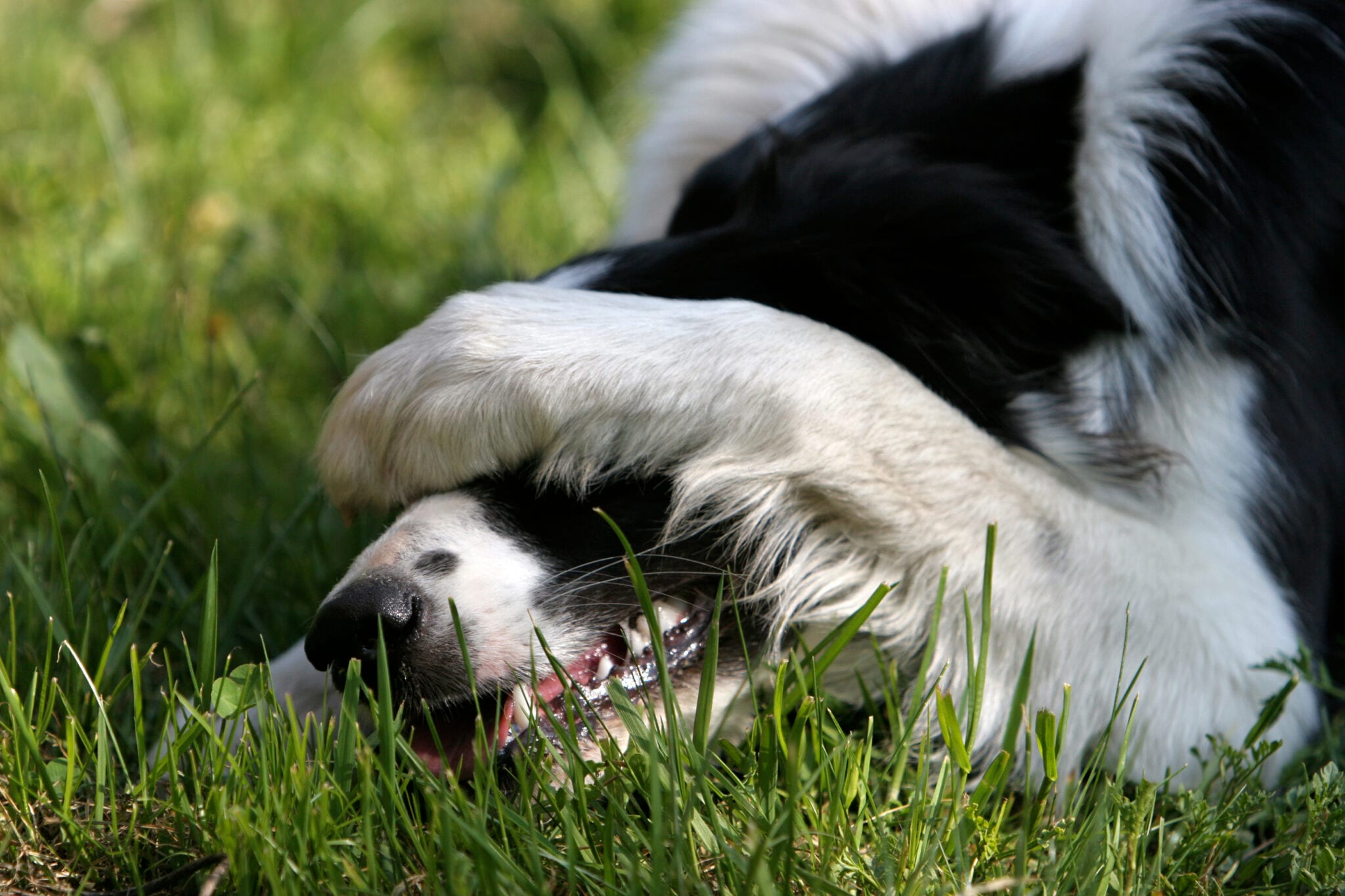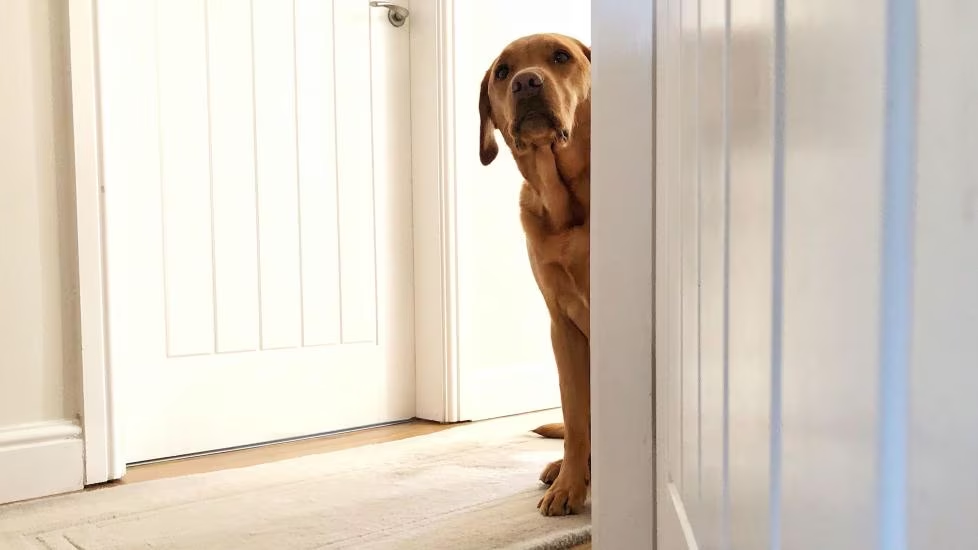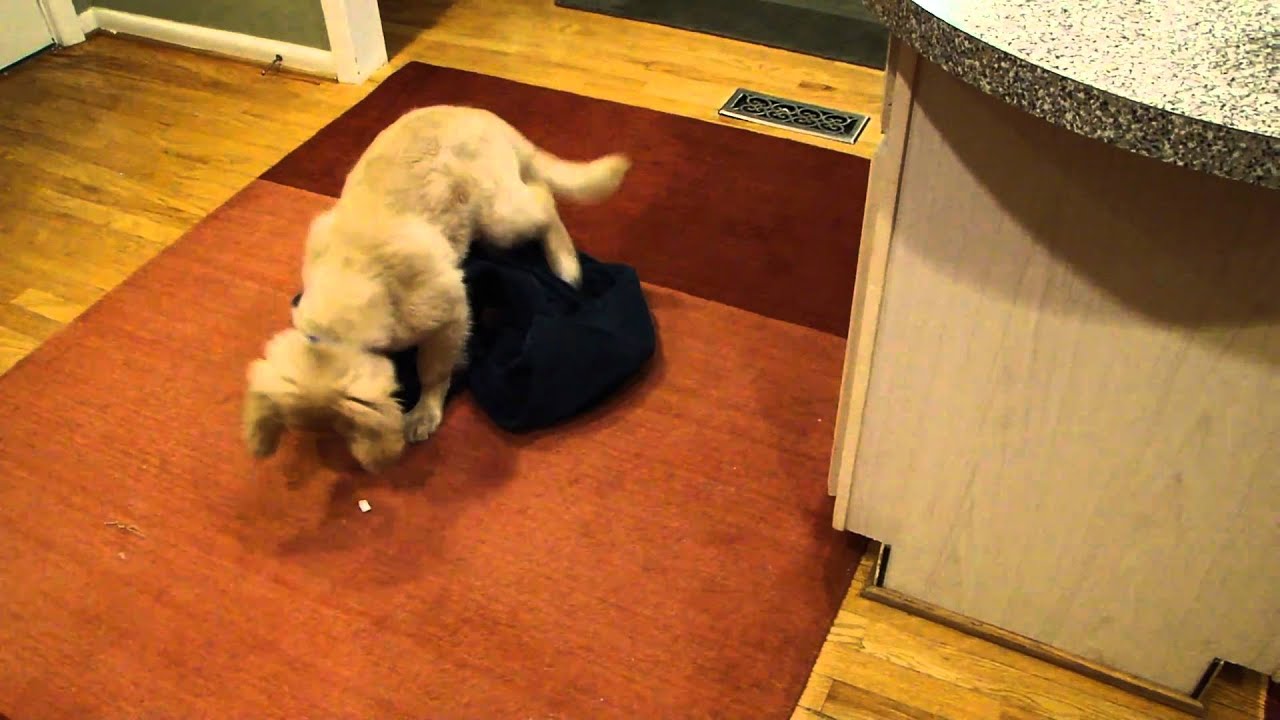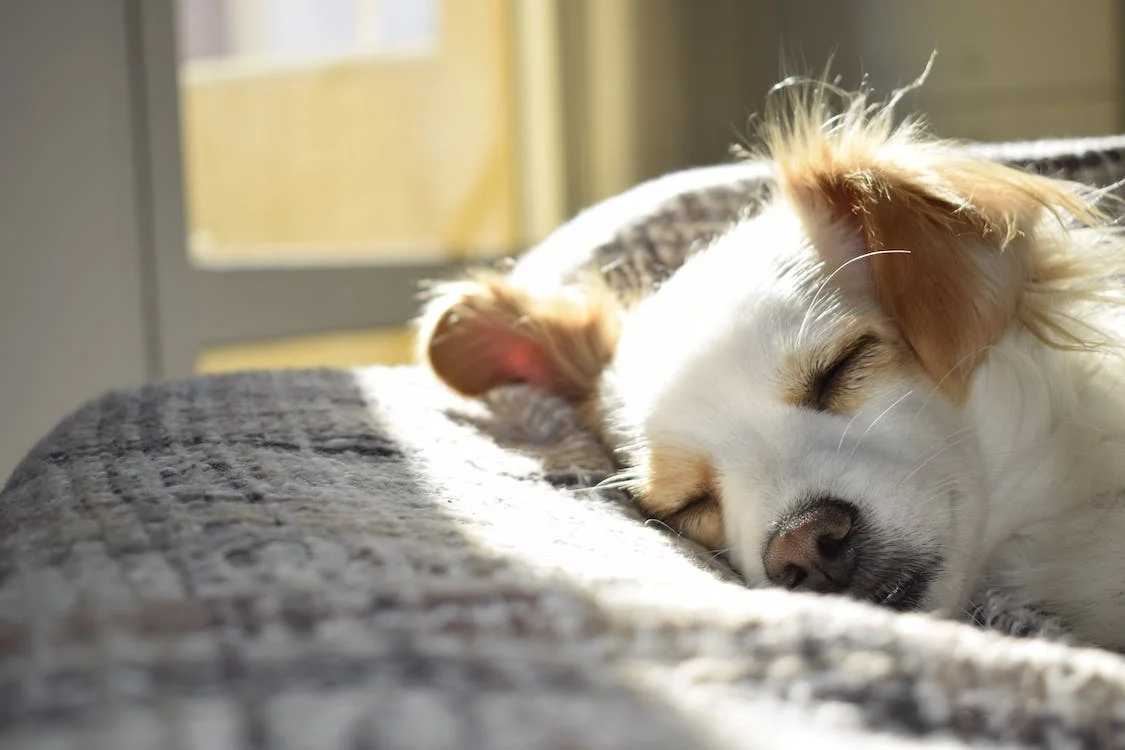Understanding Canine Introversion
While many dogs are social butterflies, others have a more reserved, introverted personality. Introvert dogs tend to be calm, thoughtful and aloof around strangers. They prefer solo play or small gatherings with known dogs. Loud, crowded scenes easily overwhelm them. Recognizing and supporting the needs of an introverted pup allows them to thrive while being true to their nature.
Signs of an Introvert Dog
Introvert dogs often:
- Dislike rowdy dog parks or daycares.
- Lean away from petting by strangers.
- Freeze or seem hesitant in new situations.
- Need time alone after exciting events.
- Have just one or two canine buddies.
- Engage in independent play with toys.
- Seem exhausted after heavy socializing.
They are perfectly content in their own inner world and with limited companionship.

Tailoring the Environment
Accommodate your introverted dog’s needs with:
- Quiet spaces to retreat and recharge.
- Solo walks on less busy routes.
- Slow introductions to new experiences.
- Respecting when they disengage from interactions.
- Letting them approach people and dogs at their own pace.
- Scheduling downtime after stimulating activities.
Watching for Stress Signals
Be alert for signs of anxiety like lip licking, yawning, averted gaze, pinned ears or dilated pupils. Remove your dog from the stressful situation and allow them solo relaxation time. Seek professional help if anxiety escalates over time.
Socialization at Their Speed
While introverts need socialization, flooding them causes more harm than good. Start with brief, structured exposures to small groups of vaccinated puppies or gentle adult dogs. Build up gradually to more novel situations, letting your dog set the pace. Going at their comfortable speed builds confidence.

Embracing the Peace-Loving Introvert Temperament
The mellow, observant nature of introverted dogs offers wonderful benefits. They tend to be less reactive, more biddable, and content with lower key activities. By respecting their social preferences and providing a peaceful environment, introvert dogs grant owners the gift of their gentle, steadfast companionship.
Providing Mental Stimulation
While introverts crave less social time, they still need daily mental engagement. Food puzzles, trick training, scent work, and games of fetch are great cognitive outlets. Switch up toys to keep their minds active. Take them exploring new solo trails or parks. Introverts thrive on mental challenges with their trusted human.
Managing Leash Walks
Leash walks can be overstimulating for some introverts. Use quiet routes and be hyper aware of their stress signals. Carry high-value treats to countercondition reactions to triggers like strangers or dogs approaching. Allow them to retreat behind you if overwhelmed. The goal is a peaceful, confidence-building walk.
Canine Sports and Activities
Many introvert dogs enjoy and excel at solo canine sports like barn hunt, nose work, lure coursing, and some types of agility. This taps into their intelligence in a low pressure setting. Therapy dog work with focused visitation to schools or hospitals also suits some introverts. Avoid forcing participation in stressful group activities.
Finding the Right Home
Match introvert pups with mellow, patient owners and homes without high commotion. A securely fenced backyard removes the pressure of hectic walks. Adopters should commit to socialization and training tailored to the introverted temperament. When properly understood, introverts and their subdued charm enrich lives immeasurably.



